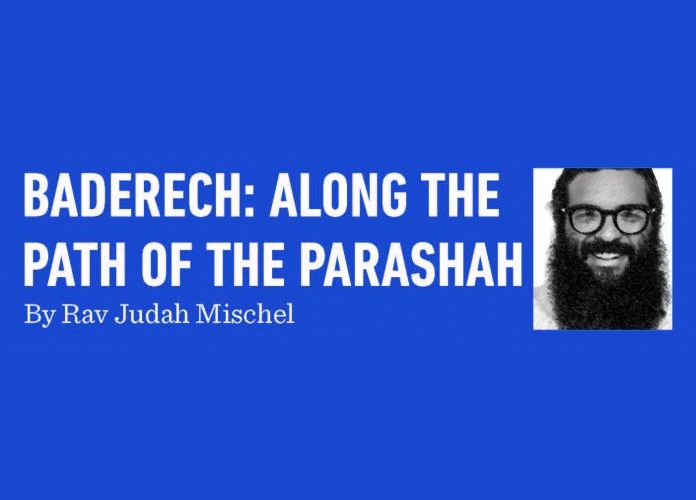Where Will Wisdom Be Found?
If a coin were to be minted to commemorate Rabbi Berel Wein, zt’l, it would be a version of the Avraham Avinu coin described in the Talmud (Bava Kamma 97b), with an elderly couple engraved on one side and a boy and girl on the other, celebrating his unique blending of the qualities of youth and older age.
Rabbi Wein was forever young, creatively and meaningfully engaged until his last days, reinventing himself to embark on entirely new missions and directions at an age when most people take a step back. In another sense, however, Rabbi Wein, from the first years that his unique voice began to be broadcast across the Jewish world, always spoke with the wisdom and authority of age and experience, sharing insights and perspective that cut to the heart of our most serious challenges.
Why does the Torah refer to a wise person as a zakein (elder)?
The elderly deserve respect because they possess the wisdom of experience (Kiddushin 33a). They have seen this movie before, and they know how it will end. History repeats itself and the wise learn its lessons, maasei avot siman l’banim. Rabbi Wein’s command of history enabled him to draw on a rich repository of previous lifetimes to observe and analyze current events considering historical experience. He was as old as the Jewish people.
Rabbi Wein would often invoke Rabbi Yehuda Hanasi who attributed whatever advantages he had over his contemporaries to the exposure he had to Rabbi Meir (Eruvin 13b). In the same way, Rabbi Wein’s voice seemed to emanate from the past as he projected the perspectives of the wide range of outstanding mentors and personalities he had known and pursued. As noted by the Chazon Ish (Bava Kamma 11:20), “while the generations tend to become smaller, one who is enriched by knowledge of the experiences of earlier generations is endowed with an extra measure of wisdom and holiness.”
But Rabbi Wein’s most enlightening quality was the clarity of his convictions, his readiness to cut through shallow expectations and slogans and focus instead on that which is real and important, drilling down on genuine Torah values. From his relative youth he personified what the Maharal of Prague considered the ultimate wisdom of the aged who, having seen it all and moved past it, can distinguish between the narishkeiten(literally the folly of youth) and what ultimately matters.
The day following his passing I received a note from a friend who was a lifelong student of Rabbi Wein, having been a part of his shul and yeshiva. He wrote about how difficult it was for him to read the blurbs describing his rebbe as an inspiring orator, a great historian, and a prolific writer. While that was all true, it failed to convey what he meant to those whose lives he shaped, providing them with Torah values, genuine fear of Heaven (“un vos zohgt G-tt?!”), the sense of privilege and purpose in being part of and serving the Jewish people, and a compass with which to navigate our terribly confusing times.
In our parashah (Devarim 14:1) we are told Banim A’tem la’Hashem Elokeichem, that we are children of G-d. Rashi elsewhere (Devarim 6:7) explains that the verse is not referring to G-d’s role as a parent/creator but as the teacher of the Jewish people. While all people are created by G-d, it is specifically the Jews who are called His children because only we stood at Sinai and became His students, shaped by the Torah that He taught us.
We all loved Rabbi Wein and we all enjoyed learning from him, but ironically—because he was so interesting and entertaining—we failed to absorb the wisdom and urgency of his messages. Other than his closest students, we did not allow ourselves to be shaped by him.
Truly a loss.
Yehi zichro baruch.
Rabbi Moshe Hauer is executive vice president of the Orthodox Union (OU), the nation’s largest Orthodox Jewish umbrella organization.













